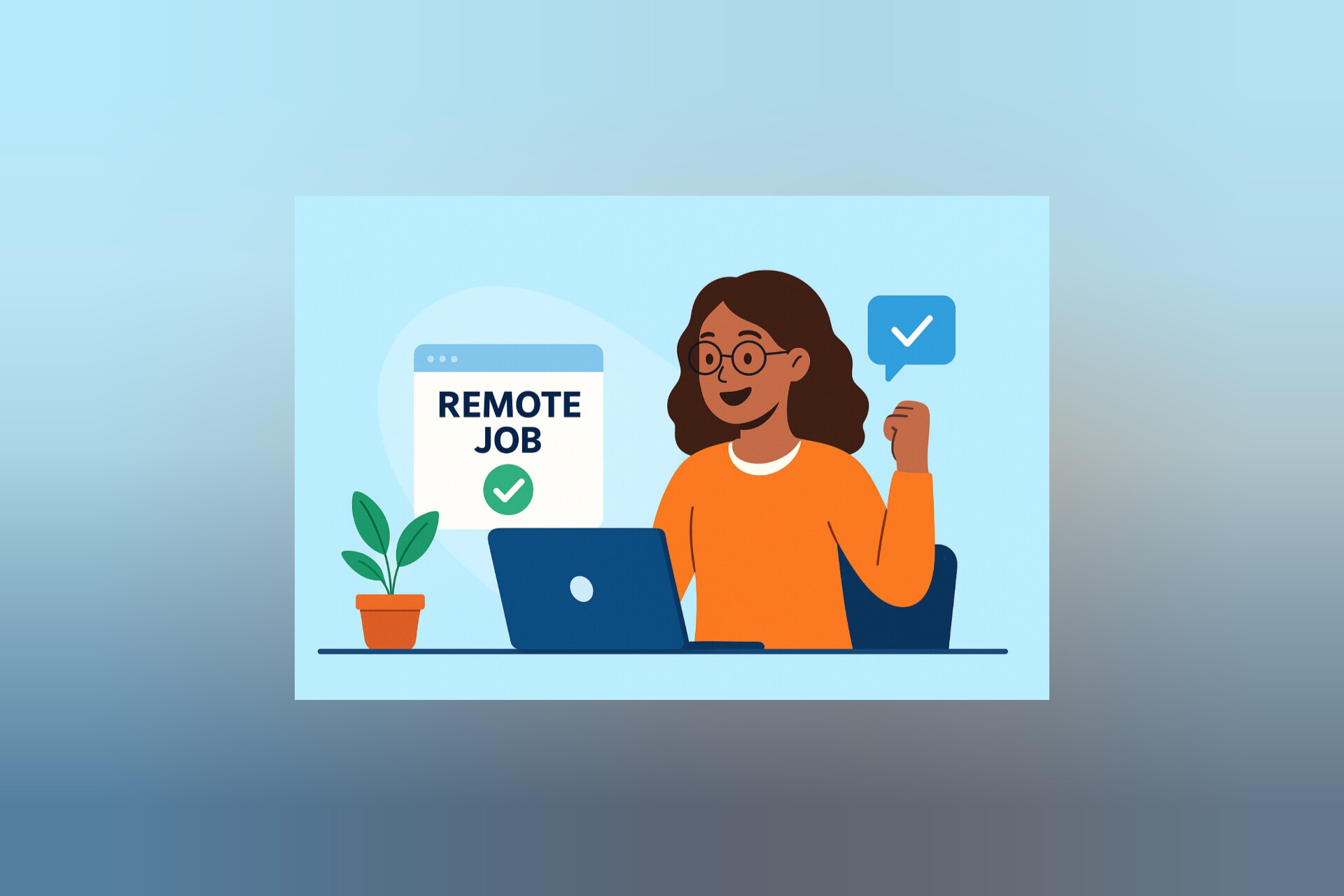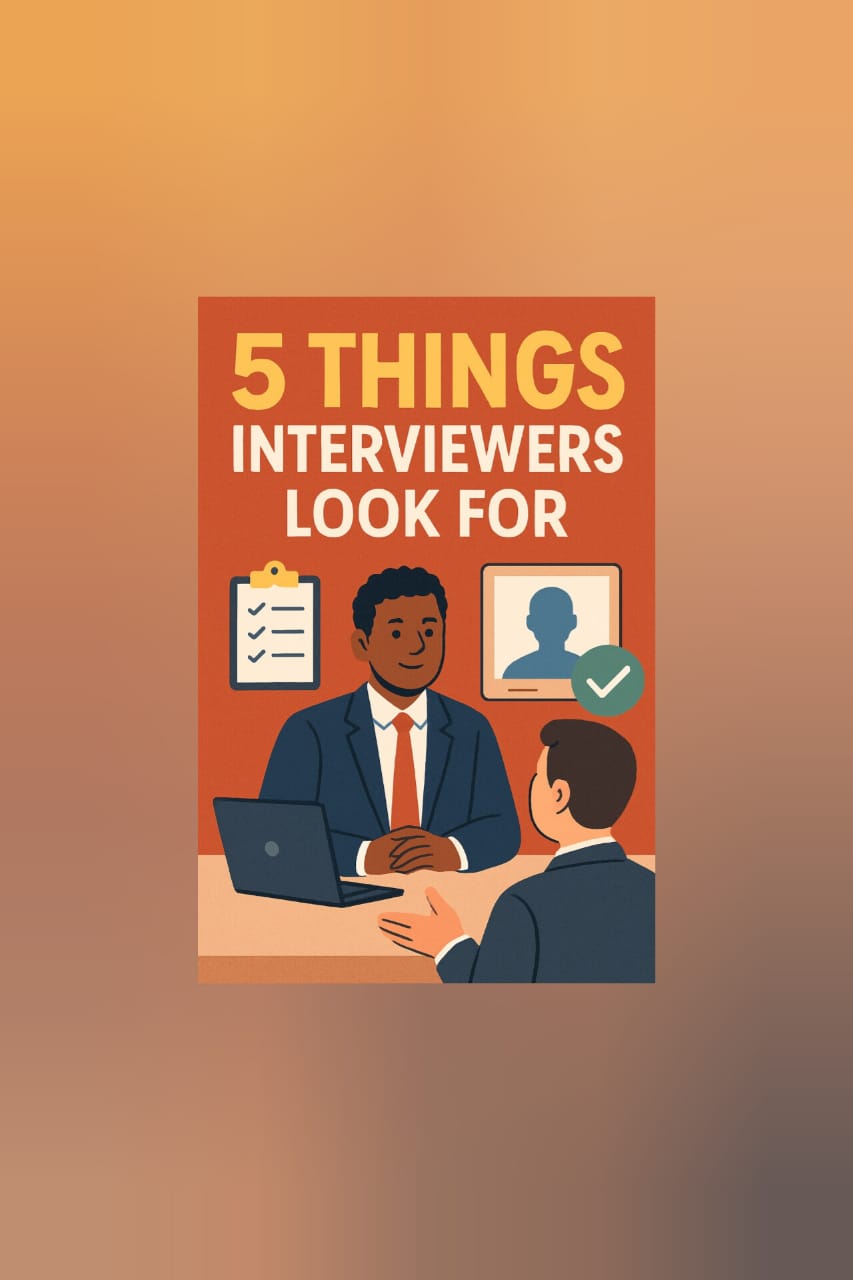
Finding a high-paying remote job in 2025 isn’t about luck anymore. It’s about having the right mix of skills that make companies see you as indispensable. You and I both know how quickly the job market shifts. One year it’s coding, the next it’s product strategy, then suddenly companies can’t hire enough cybersecurity analysts. If you’re serious about earning big while working remotely, the smart move is to prepare now. And that’s exactly what we’ll explore.
What Digital Skills Will Employers Pay Top Dollar For?
Let’s start with the obvious: tech-driven roles dominate the remote market. Companies aren’t just looking for generalists anymore; they want specialists who can deliver results without handholding. If you’ve been considering where to invest your learning time, here are the winners:
-
AI and Machine Learning – Companies aren’t building everything from scratch; they need people who can fine-tune existing models, integrate AI into products, and ensure outcomes actually solve problems. Think prompt engineers, ML Ops, and applied data scientists.
-
Cybersecurity – Every remote company is exposed to threats. Skilled cybersecurity professionals whether in risk management, penetration testing, or compliance are commanding six-figure salaries.
-
Cloud Computing – AWS, Azure, and Google Cloud experts are being paid to optimize infrastructure and cut costs while keeping systems reliable. Remote-friendly and always in demand.
-
Data Analytics and Business Intelligence – Not just number crunchers but people who can tell stories with data, guiding decisions that impact revenue.
The twist? You don’t always need a computer science degree. Aplus Hub’s curated job boards often show companies looking for people who can demonstrate practical portfolios real work trumps certificates when the stakes are high.
Why Should You Care About Communication and Writing Skills?
You’d expect me to talk only about hard skills, right? But here’s the kicker: remote jobs live and die by communication. If you can’t write a clear email or craft a convincing proposal, you’ll struggle no matter how smart you are.
Think about it. Remote work means:
-
No quick hallway chats.
-
No reading body language in meetings.
-
Everything depends on clarity in text, voice, and video.
Employers are paying more for people who combine technical knowledge with excellent communication. In fact, recruiters on Aplus Hub consistently note that strong communicators move up the hiring pile faster. And let’s be real how many brilliant coders lose out simply because they can’t explain what they built?
How Can Problem-Solving Skills Put You Ahead of the Pack?
Problem-solving is the unspoken hero of high-paying jobs. Companies don’t hire you just to do tasks. They hire you to fix things that slow down business.
Take this scenario: a company’s e-commerce site crashes during a sale. A regular developer waits for instructions. A problem-solver? They troubleshoot, patch, and maybe even suggest preventive monitoring. Guess who gets promoted?
High-paying remote roles, from product management to software engineering, reward people who don’t just follow workflows but create solutions. Employers want team members who think like owners. That’s exactly why platforms like Aplus Hub emphasize networking with headhunters and hiring managers it’s often your problem-solving mindset, not just your resume, that convinces them.
Is Emotional Intelligence Really a Career Skill?
Short answer: absolutely. Long answer: emotional intelligence (EQ) is the glue holding remote teams together. Without face-to-face bonding, misunderstandings pop up easily. You’ve probably seen it someone misreads a Slack message, tensions rise, and productivity tanks.
Leaders with high EQ can diffuse that. But even at individual contributor levels, showing empathy, patience, and understanding can make collaboration smooth. Remote teams reward people who can balance professionalism with humanity. And let’s not forget EQ-heavy professionals often climb into leadership roles faster.
Should You Learn Project and Product Management Tools?
If you’re aiming for roles beyond individual contribution, then yes. Tools like Jira, Trello, Asana, Notion, and Monday aren’t just buzzwords they’re the language of remote collaboration. But here’s the nuance: companies aren’t impressed if you just “know the tool.” They want to see that you can coordinate deadlines, manage cross-functional teams, and keep deliverables on track.
Think of it as this: tools are instruments, but orchestration is the skill. And the best-paying jobs will look for people who orchestrate well.
Where Does Design Fit Into High-Paying Remote Jobs?
This might surprise you design isn’t just about making things pretty. In 2025, UX/UI design, product design, and motion design are tied directly to business outcomes. If an app isn’t intuitive, customers leave. And when customers leave, revenue tanks.
Remote design roles are booming because they tie creativity with measurable impact. If you’re good at Figma, Adobe XD, or Webflow, and you understand conversion funnels, you’re not just a designer you’re a revenue enabler.
What About Soft but Rare Skills Like Negotiation?
Let’s be honest, negotiation isn’t taught in school. Yet, it’s one of the highest ROI skills you can pick up. Whether you’re freelancing, seeking raises, or negotiating scope creep in a project, the ability to get fair value for your work is a multiplier.
Aplus Hub even shows salary ranges across different roles, and you’d be shocked at how wide the gap is for people in the same role most of it comes down to negotiation. Knowing how to anchor salary discussions or counter an offer politely but firmly can add lakhs to your annual income.
How Do You Keep Skills Relevant When the Market Shifts?
This is the million-dollar question. You’ve seen it skills that were hot five years ago are outdated today. The key isn’t just learning; it’s continuous adaptation.
Practical ways to stay relevant:
-
Follow industry newsletters (Product Hunt, Hacker News, Aplus Hub’s Openbook).
-
Join specialized communities where discussions expose you to what companies actually want.
-
Take micro-courses or certifications when you see a demand spike.
The truth? Staying relevant is less about guessing the future and more about building a radar for change.
Can Aplus Hub Help You Land These Remote Roles?
This isn’t theory it’s exactly what Aplus Hub is designed for. The platform gathers job postings you wouldn’t even find on your own, connects you with headhunters, and offers referral opportunities when you don’t know anyone inside a company.
And let’s not overlook the psychological edge. Job hunting is exhausting. Aplus Hub’s one-click access to premium listings (some with salaries over INR 50L) means less time scrolling, more time preparing your applications. For anyone serious about building a high-paying remote career, that’s not just convenience it’s strategy.
Final Thoughts: What Skills Will You Start Building Today?
The beauty of remote work in 2025 is choice. You get to decide whether you want to be the coder behind the scenes, the designer shaping experiences, the manager orchestrating teams, or the strategist negotiating million-rupee deals. But here’s the catch you can’t be passive. The people earning the most aren’t waiting for opportunities; they’re sharpening skills, staying relevant, and making themselves visible in the right networks.
So the real question is: are you ready to build the mix of technical, communication, and leadership skills that make companies fight to hire you? Because the demand is there, the money is real, and with platforms like Aplus Hub, the access is easier than ever.
Don’t stress about searching every career page or job site. Stay ahead with the latest opportunities from different sources right here!
Related Articles
Scrolling through remote job boards feels like online dating sometimes — too many profiles, not enough real matches. Sure, there are tons of platforms saying they offer “remote roles,” but what do we actually get?
➡️ Low-quality jobs
➡️ Zero clarity
➡️ Ghosted after applying
➡️ And sometimes… scams 😬
Meanwhile, big companies are hiring remotely. Startups are going global. But finding those authentic roles in one place? Almost impossible. Most platforms make the job hunt a hustle — filters, fake postings, and unauthentic results.
Now here’s the plot twist. 🎬✨
Introducing Aplushub — the platform that said, “Enough of the nonsense!”
Aplushub brings 500+ legit remote jobs from trusted brands, remote-first companies, and fast-growing startups. Each opportunity actually leads somewhere.
Whether you’re in tech, marketing, HR, content, or just starting out — this platform gives remote job seekers what they’ve been begging for: authenticity + ease.
Remote work should be freedom, not frustration.
With Aplushub, it finally is. 🚀
Check this out Now- http://www.aplushub.com/
Ever walked out of an interview thinking, “I nailed it!”—only to never hear back? Well, as a consultant who’s seen hundreds of interviews, let me spill the chai: there are 5 things interviewers always notice—consciously or not!
1️⃣ How serious are you?
If you haven’t read about the company or what they’re building, it’s game over. Pro tip: ask a thoughtful question or share a suggestion—it screams I care!
2️⃣ Problem-solving mindset.
When given a situation, the focus isn’t just on getting the answer right—it’s on how you think. Even if you can’t solve it, showing logical “solutioning” wins big points.
3️⃣ Your first impression game.
For in-person interviews: dress right (Don't surpass shoes), How & when you use Hand gestures, how you place your hand & legs, shoulders upright or not, Never compromise on "Smile on a face"- these cover 40% of the decision.
Online? Camera on, audio checked, and wear something that shows effort (no, not your favorite hoodie).
4️⃣ The project connection.
Come prepped with at least one project that aligns with the JD or what the founders are building. That’s their Sweet spot.
5️⃣ The trust trigger—eye contact.
Be confident, look them in the eye (yes, even on Zoom). Confidence builds credibility.
Because remember—you’re not just being interviewed, you’re being observed ! 👀
You've gone through an education system that probably never taught you anything about professionalism, logical deconstruction, and comfort with ambiguity. You may have tremendous bookish knowledge, but lacking these three attributes is an immediate invisible red flag that will stop you from getting the job or the promotion you always wanted.
Let's throw some light on the top-5 common mistakes that highlight your lack of these attributes, and what you should be doing instead
- Showing up late without informing your interviewer/coordinator - there are genuine reasons one could be running late, but that needs to be duly communicated ahead of the planned interaction. Inform every marked on an invite, drop a text or give a call, but keep your stakeholders informed. Their time is as much valuable as yours.
- Turning up unprepared for the interview - if you are turning up unprepared, why is it that you are turning up at all? why waste your and interviewer's time? You are better off declining the opportunity, instead of ruining your reputation unnecessarily. You must invest 1 hour to read about the company, the opportunity, some information in the public domain and so on, if you have chosen to show up for an interview.
- Going silent instead of communicating effectively with your stakeholders - it might come as an insight but everyone knows you would evaluate multiple opportunities before chosing one, everyone knows that your decision might be influenced by your loved ones, and everyone is okay with your being unsure, but nobody likes to be left wondering about what might be happening. So, good, bad or ugly, communicate, communicate and communicate! You'll build more relationships that you ever thought, and you never know, one or more of these relationships may turn gold in the times to come.
- Rambling stuff that does not make sense - let us fill you in on another secret, nobody - not even the most successful individuals can know everything about everything in the world. So, when presented with topics/questions you have no clue about, you got to either draw parallels from what you have expertise on, rationally break down the information you are presented with to come up with simple yet logical answers, or admit you do not know anything about this but can talk about something relevant to the opportunity being discussed in detail.
- Demanding a bomb without a concrete rationale - the whole world is underpaid, friends! who doesn't want more, but that's not how it works. Your next compensation cannot ignore your current and/or previous compensations. If you chose to take a sabbatical, took an opportunity by taking a haircut, or become an entrepreneur that eventually did not work out, you have to make peace with your decision. Nobody else had a say in that! You can definitely demonstrate additional skills/knowledge that you acquired during this period (that surely has a value), but that value isn't the only figure on which your next compensation will be decided on. So, learn about the market standards and try to limit your ask within the broadly acceptable range.




